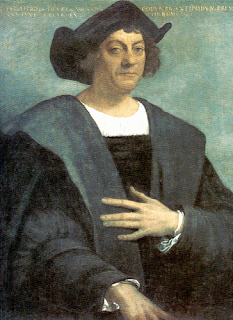622- American History
Oral History Project- 1st quarter requirements
What is oral history?
Oral history is an interview that records a person’s recollection of experiences, thoughts, and feelings about a specific event or a period of time. By showing how national events affected the lives of individuals, oral history adds a personal dimension to our study of the past. Members of your family and community can surprise you with a wealth of information and insights into major events of their time.
Objective: Students will analyze primary accounts of 3 ordinary American people who experienced a significant event in America history. You will have requirements each quarter to collect the information needed for your final paper, which will be due at the end of the 4th quarter.
Timeframe of event: 1940s-1979
1st quarter requirements:
1. Choose a topic. Due: Wednesday, Oct. 1
a. Choose a topic that interests you. Brainstorm. Ask your parents for advice. The topic
can relate to any historical, political, economic, social, or cultural event in American
history.
b. Think about what family member, friends of family, neighbors, etc. who have
experienced a significant part of American history.
2. Research the topic using secondary sources. Due: TBA
Submit 25 facts with background information and sources. You will be provided with a handout for this section.
a. Your textbook is a good place to start.
b. Use our library to check out books.
c. Obviously the Internet is another good source.
3. Create a list of 20 interview questions about the event. Due: TBA
a. When thinking about questions to ask, remember that you are trying to re-tell the
individual’s story. Therefore, get as much detail as possible.
b. These questions must be typed and numbered.
The following are only ideas. You may choose to do a different topic.
Note: see the next post below for an example
- Civil Rights Movement- Martin Luther King Jr. - Watergate scandal
- Assassination of John F. Kennedy - Vietnam protests
- The counterculture movement - Steel Pier
- The moon landing - 1970s oil crisis
- The Vietnam War - Pearl Harbor bombing
- Beatle-mania
- The Korean War
- Cuban Missile Crisis
The Demise of Schoolsville
6 years ago








